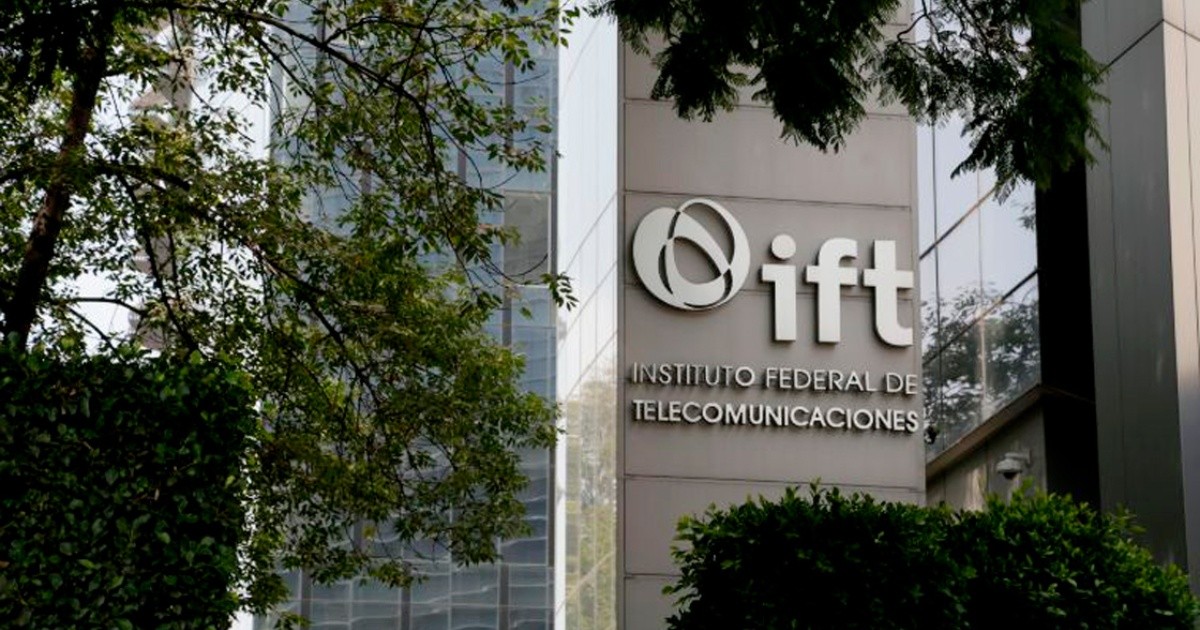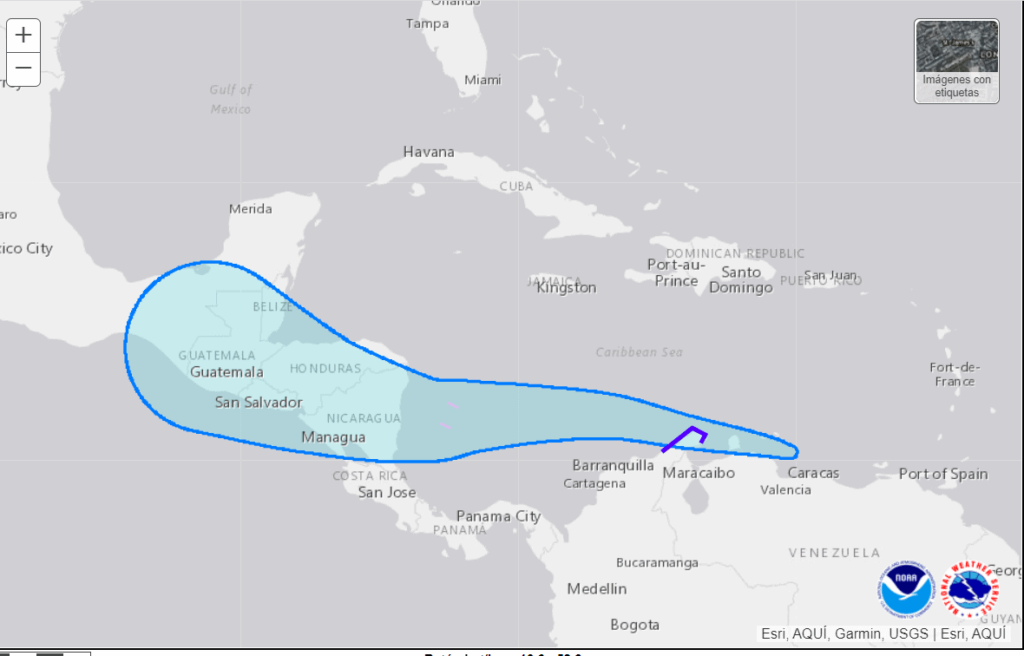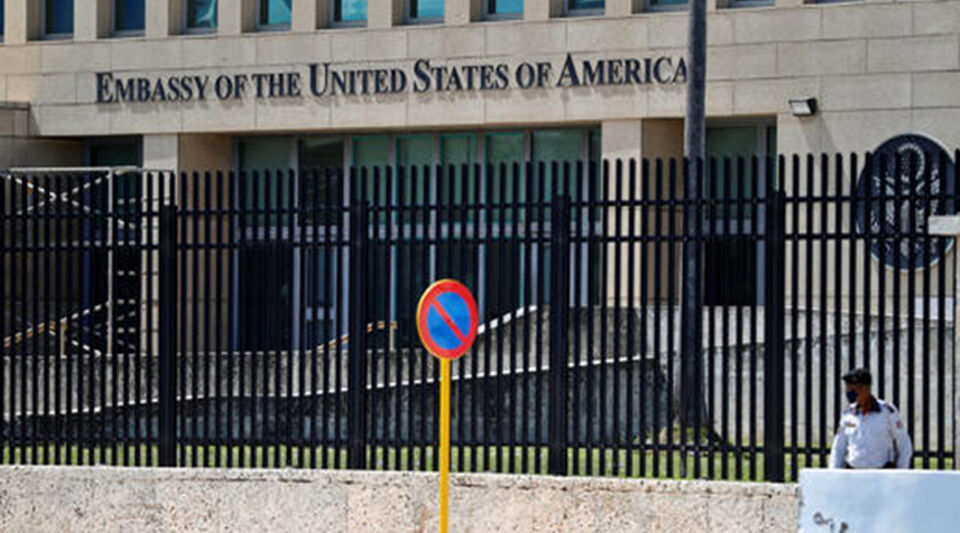The telecommunications regulator in Mexico, the IFT, began an investigation into possible relative monopolistic practices in the application or app store market, which is dominated by the big technology companies Google and Apple.
The Investigative Authority of the Federal Telecommunications Institute published in the Official Gazette of the Federation a notice informing the start of the investigation, derived from a complaint, in the app market and its related markets.
With this measure, the institute is once again involved in a controversy with the Mexican economic competition authority, Cofece, which also launched an investigation into this market of the so-called digital economy, within which both organizations had already had differences.
Context
Mony de Swaanformer president of the former Federal Telecommunications Commission (Cofetel) and current founding member of the Center for Studies and Research in Public Affairs (CEIAP), filed a complaint with the IFT against Google and Apple in September for allegedly committing tied sales.
Tied sales are a type of relative monopolistic practice whereby an economic agent conditions the sale of one product to the purchase of another. In this case, the technology companies condition the sales of the applications or within the applications that they offer in their stores to the use of their own payment systems.
De Swaan had filed the same complaint with the Federal Commission of Economic Competition (Cofece) on July 15; however, Cofece responded with a prevention agreement where it requested information and did not rule on its competence regarding the complaint.
“Given this reserve that he issues and given the type of questions, in which he makes us understand that for Cofece it is about the same value chain and even the same product —I am referring to mobile devices, operating systems and application stores, which according to the Judiciary are the competence of the IFT—, we realize that in reality Cofece has doubts that it is its competence. We also think about it and say: “Let’s go to the IFT”, says Swaan in an interview with El Economista.
The coffee is back
Last October 3, Cofece announced that it had launched an investigation for possible relative practices in the market for “development, distribution and payment processing of mobile applications and digital content, as well as related services”.
“This research is relevant considering the millions of Mexicans who download from these stores, which were more than 4.8 billion in 2021, which represented around 29 billion pesos in revenue for application developers that same year”, Cofece justified in its notice.
It is not the first time that Cofece and the IFT have claimed jurisdiction to investigate the same market. In June 2021, a judge determined that Cofece was empowered to analyze the conditions of competition in the markets for online search services, social networks and cloud computing services; while the IFT maintained the competition to learn about the market for mobile operating systems, such as Apple’s iOS and Google’s Android.
This controversy arose after the IFT initiated an investigation into these digital markets, which was disputed by Cofece before the Judiciary. Something similar happened in the case of the merger between Uber and Cornershop.
Uber Y corner shop announced to Cofece their intention to merge in October 2019. Less than a month later, the telecommunications regulator told Cofece its intention to attract the analysis of said merger.
In May 2020, the First Collegiate Court in Administrative Matters, Specialized in Economic Competition, Broadcasting and Telecommunications decided that Cofece would be in charge of resolving the concentration between Uber and Cornershop.
The period of the investigation carried out by the IFT must not be less than 30 days nor exceed 120 business days from September 29, 2022 and may be extended up to four times for periods of up to 120 business days, if there are causes justified for it. Although with the controversy between both autonomous public bodies, it is very likely that the investigations will last much longer.

















